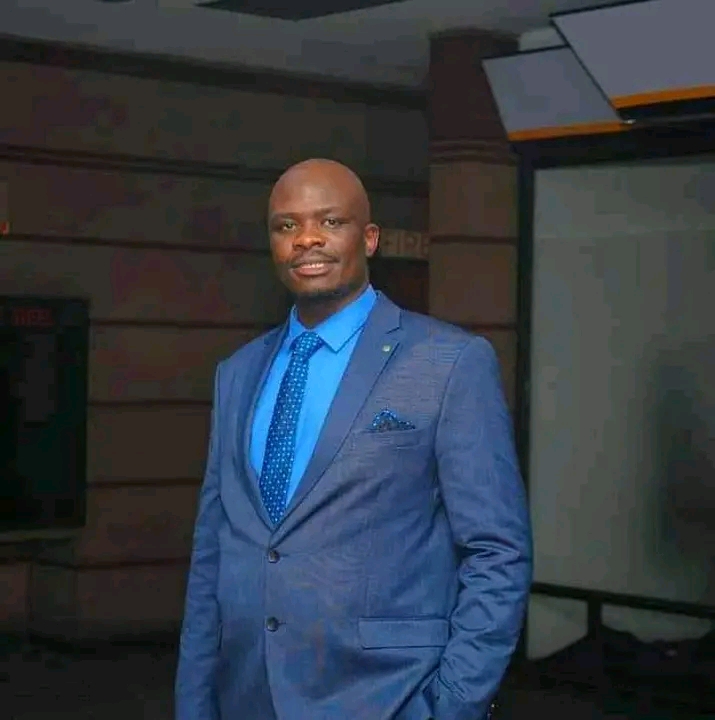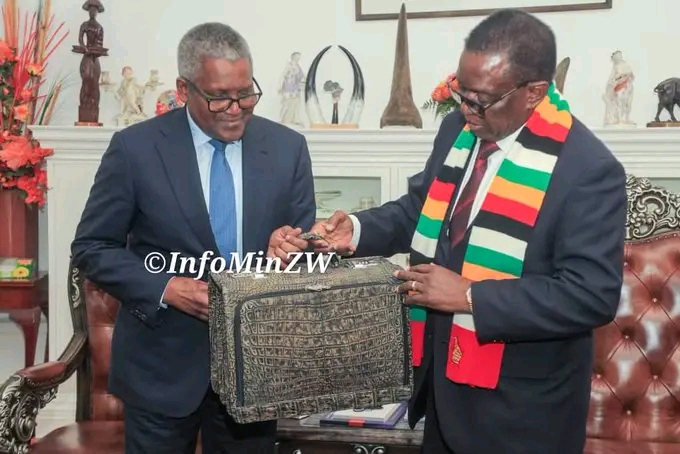By Dickson Bandera
President Emmerson Mnangagwa on Monday officially launched the Zimbabwe Tourism and Hospitality Industry Policy, setting a new course for an inclusive, modern, and community-driven tourism sector rooted in the country’s cultural heritage and natural wealth.
The launch comes as the tourism industry records a strong rebound, having already surpassed its US$5 billion revenue target initially earmarked for 2025. This resurgence, driven by increased international arrivals and a rise in domestic tourism, has bolstered investor confidence in Zimbabwe’s tourism potential.
The policy rests on six key pillars: promoting innovation in tourism development, enhancing human capital, improving physical and digital infrastructure, strengthening legal and regulatory frameworks, preserving the environment and cultural heritage, and fostering regional and international cooperation.
These pillars aim to drive inclusive growth and position Zimbabwe as a competitive global tourism destination.
“Tourism under the Second Republic is private sector-driven, community-owned, and facilitated by Government,” president Mnangagwa said. “This tripartite approach must be nurtured to ensure that all actors in the tourism ecosystem are fully engaged in shaping and benefiting from the sector.”
Zimbabwe boasts an impressive array of tourism assets — from the world-renowned Victoria Falls and the wildlife-rich Hwange and Mana Pools national parks, to the ancient ruins of Great Zimbabwe in Masvingo and the misty mountains of the Eastern Highlands. Iconic wildlife species such as elephants, lions, leopards, and black rhinos roam freely in protected reserves, drawing safari enthusiasts from across the globe.
President Mnangagwa acknowledged that while significant progress has been made, more needs to be done to unlock the sector’s full potential.
“We have seen notable growth in hospitality infrastructure, including hotels, lodges, and high-quality Airbnbs,” he noted. “These developments must be properly regulated and supported to ensure sustainability and world-class standards.”
He cited recent achievements such as the refurbishment of major hotel chains like Rainbow Tourism Group, Cresta Hotels, and Africa Sun, as well as the branding of airports and border posts and the rollout of the national beautification programme.
Connectivity remains a priority, with the ongoing upgrades to major roads such as the Beitbridge–Chirundu Highway and the upcoming Bulawayo–Victoria Falls Road expected to enhance access to tourism hubs.
President Mnangagwa also highlighted two flagship projects: the 10,000-seater cricket stadium under construction in the Masuwe Special Economic Zone in Victoria Falls, and the Africa International Academy for Culinary Arts, to be developed in partnership with UN Tourism. Both are set to elevate Zimbabwe’s profile in sports tourism and hospitality training.
In a nod to the devolution agenda, the President applauded the decision to host the Sanganai/Hlanganani World Tourism Expo in Manicaland Province, which will showcase hidden gems like Mutarazi Falls, Bvumba Botanical Gardens, and Chimanimani National Park.
“We also welcome regional festivals such as Intwasa in Bulawayo, Budula in Chikombedzi, Ndau Festival in Chipinge, and the Nyanga Arts Festival — all vital in promoting local culture and creative industries,” he said.
The president urged the sector to adapt to changing global trends by embracing digital marketing tools, introducing youth-friendly tourism products like theme parks and science centres, and developing multilingual content for diverse source markets.
“Never apologise for who we are,” he said in closing. “We are Zimbabwean and African — and this is what we must offer to the world.”
The new tourism policy, according to government, is expected to drive investment, foster innovation, and reposition Zimbabwe as a competitive destination on the global tourism map.


